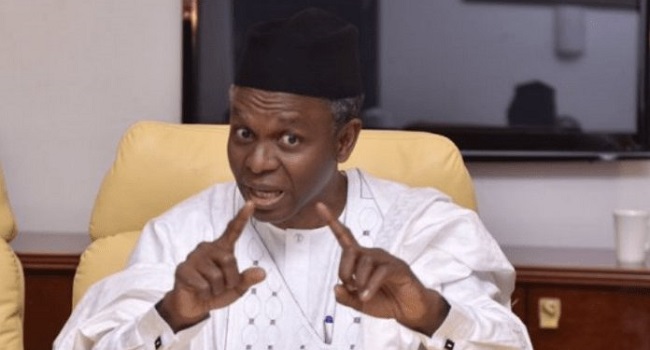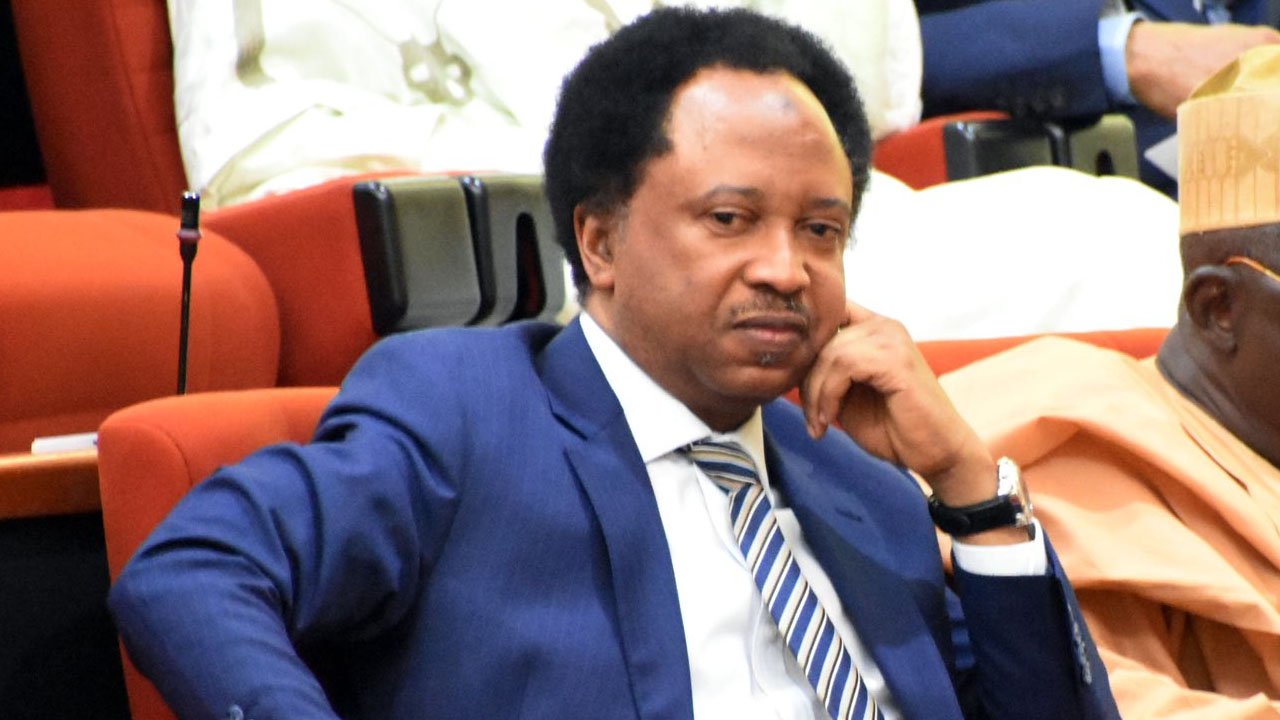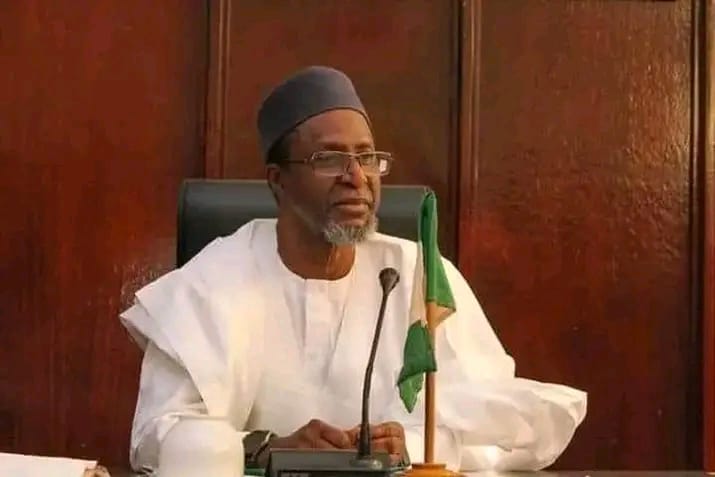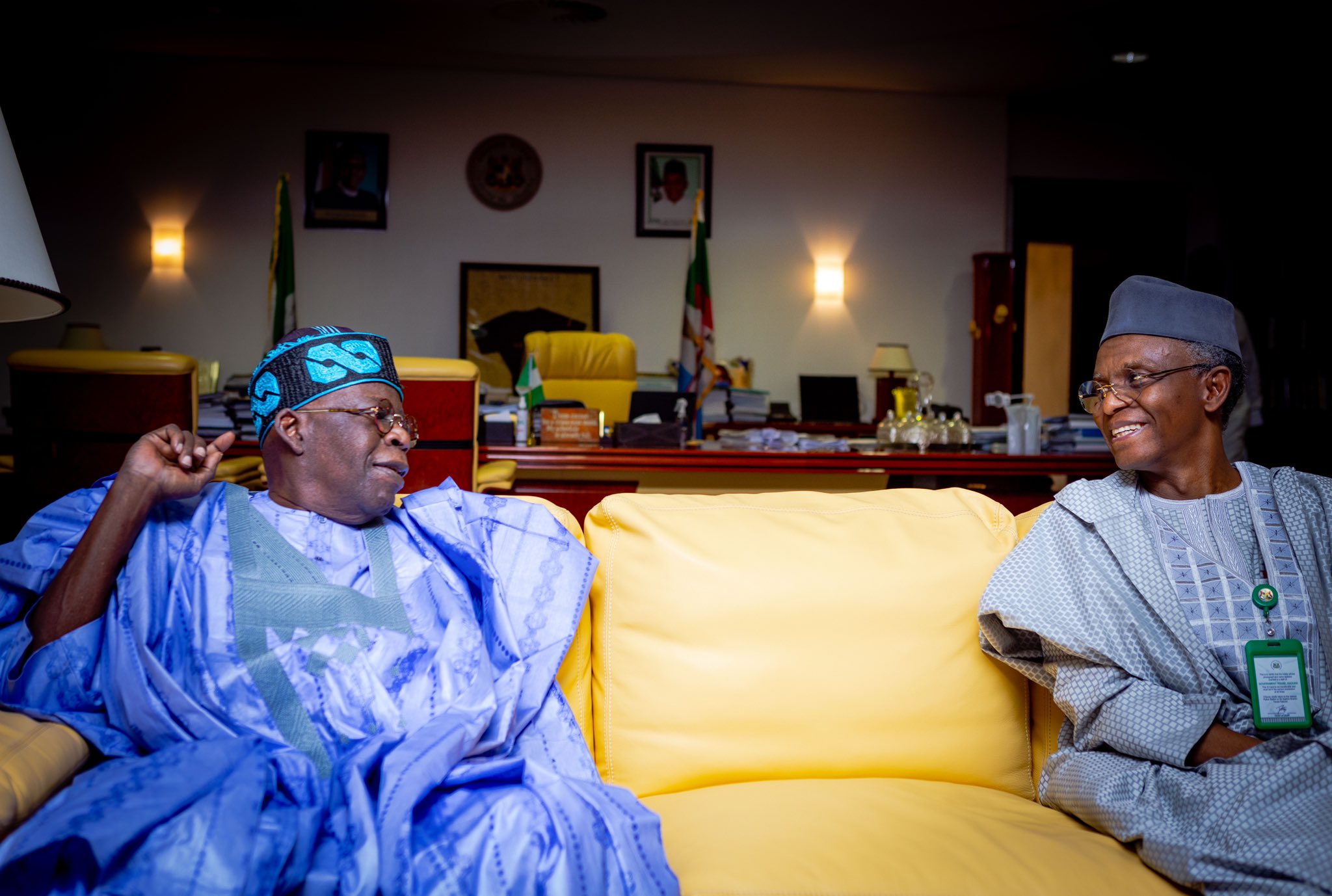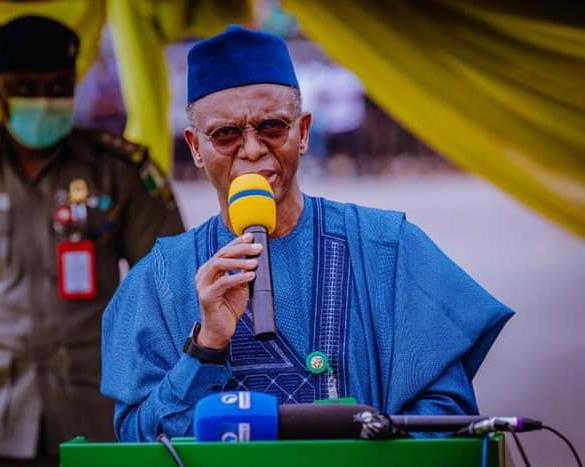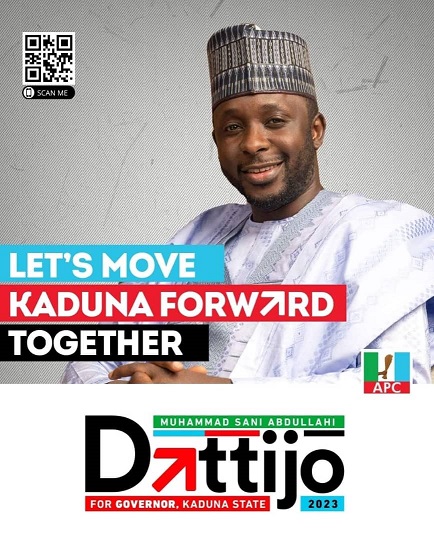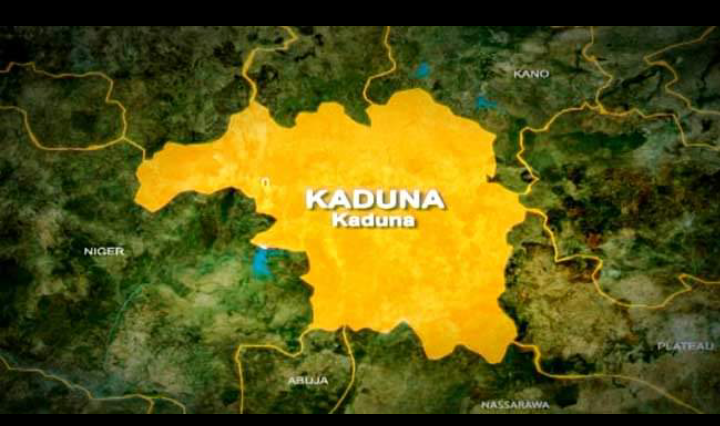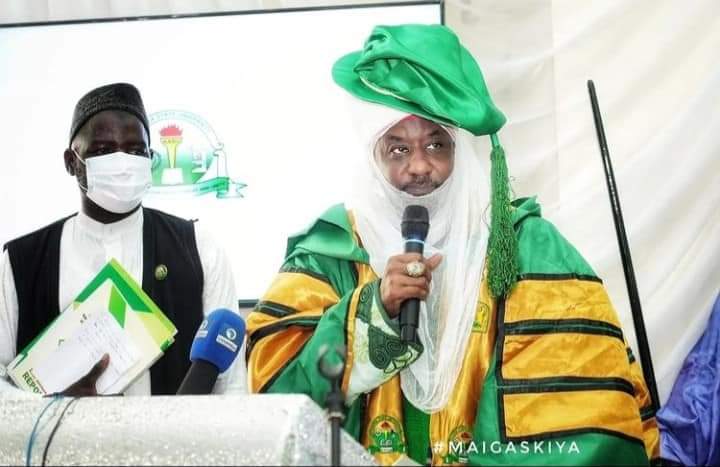El-Rufai gears up for legal, political battle against Tinubu
By Uzair Adam Imam The former governor of Kaduna State, Mallam Nasir El-Rufai, is bracing himself for a multifaceted showdown with President Bola Tinubu, poised to unfold in both courtrooms…
